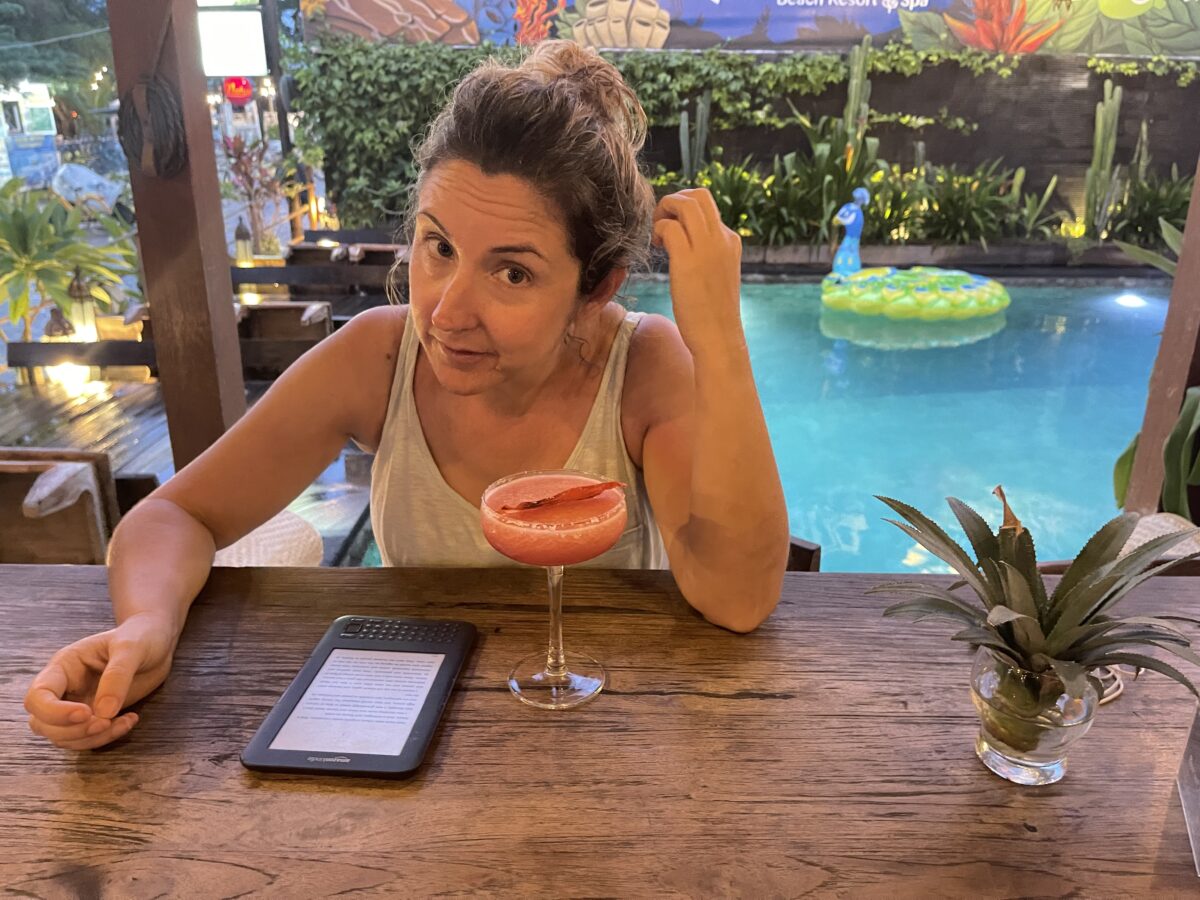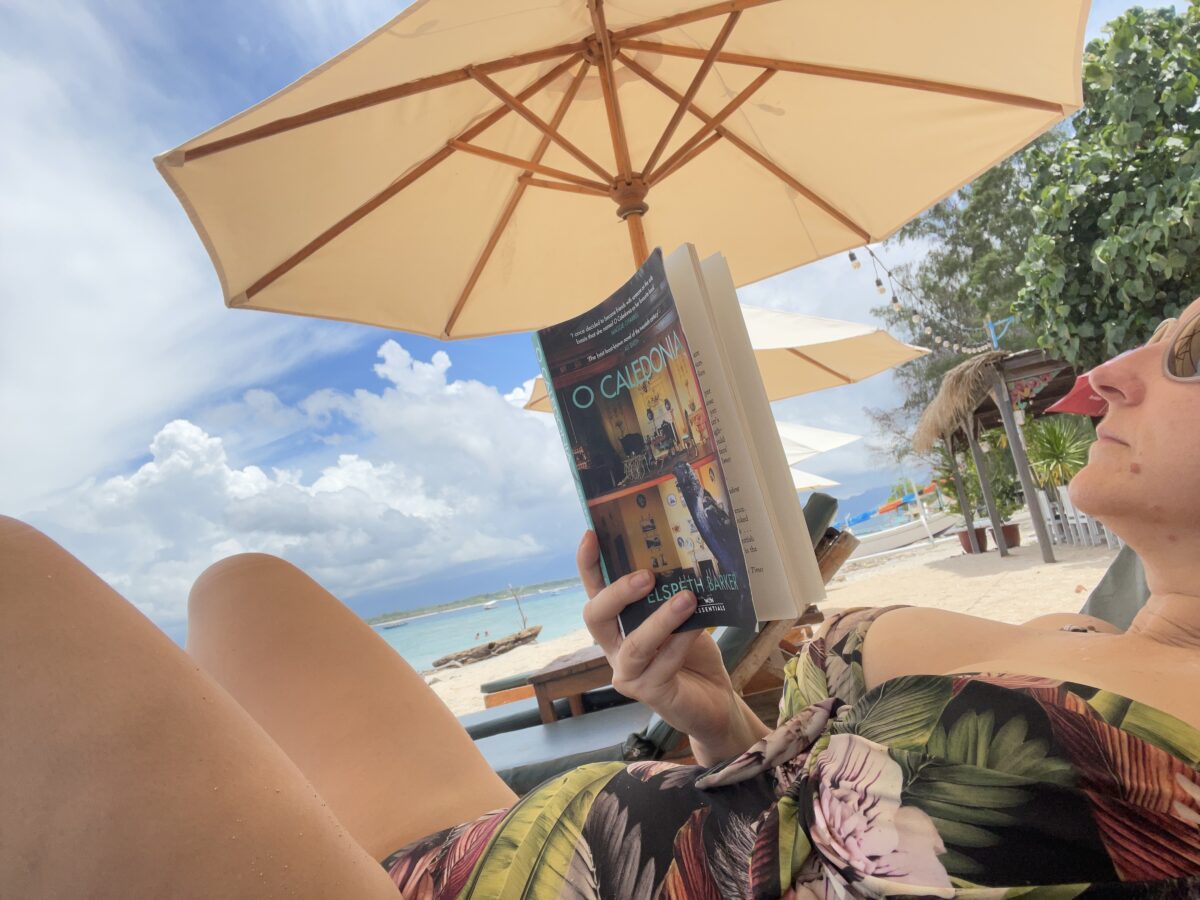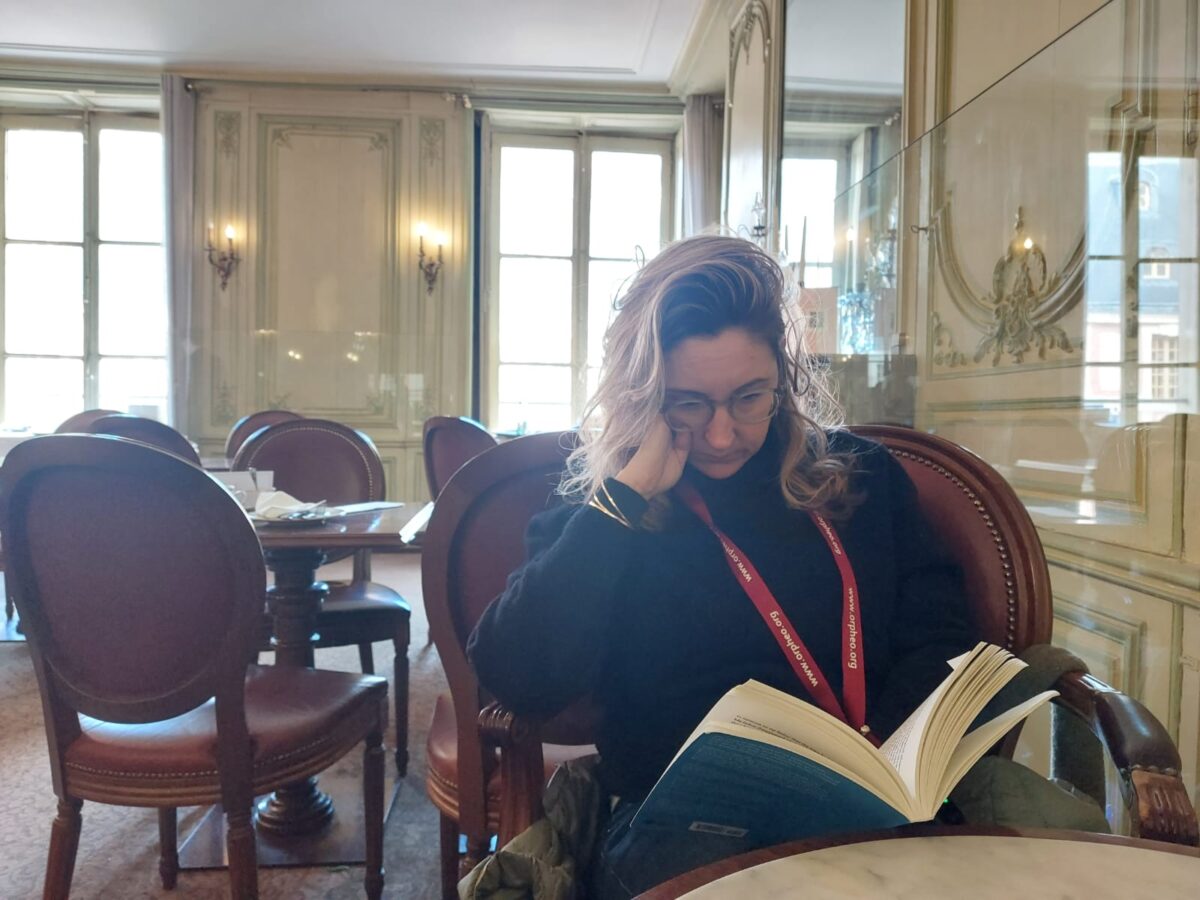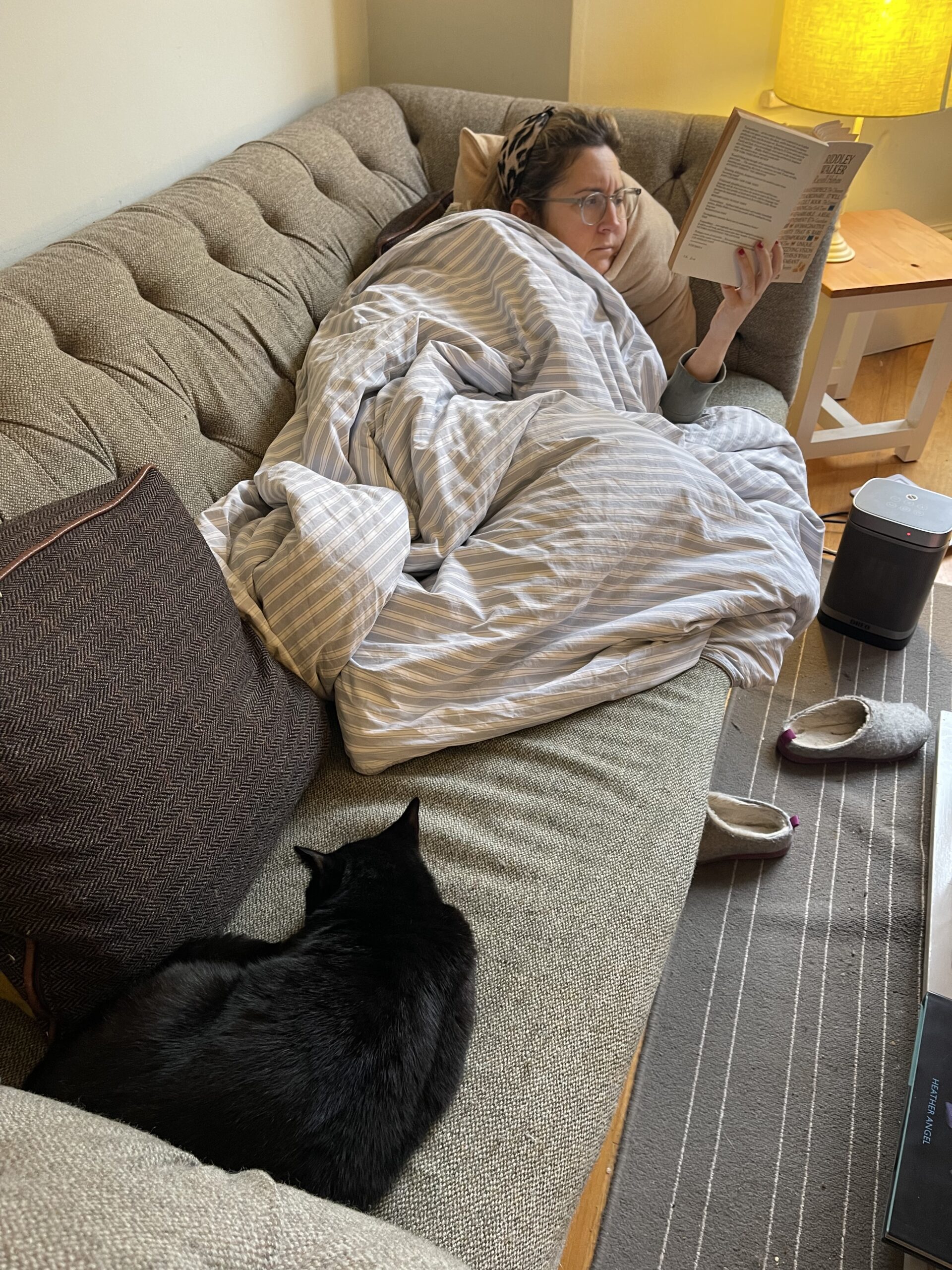Here is a novel where the backstory is better than the story. It weaves together the stories of two real women from the 14th century. One is an anchoress, Julian of Norwich. She lost her siblings and father to the plague, and then her husband and child. She decided to become an anchoress, which involves you going into a room in the church, and then them BRICKING YOU INSIDE. There is a window to the outside world, through which she gets food and can see people who come to ask her advice, but that’s it. CAN YOU IMAGINE YOUR ISSUES.
The other woman, Margery Kempe is arguably even stranger. She is the wife of a wealthy businesswoman. She has the number of children you have when you don’t have bodily autonomy, and she is suddenly overwhelmed with weeping at Christ’s suffering. She cries a lot, she preaches a lot, all the while being threatened with being burned alive for the revolutionary idea that she can have a personal relationship with Christ (ie., the basis for all contemporary Christianity). She ends up travelling the world doing all sorts.
What makes the book dull is that we have to hear a lot about their religious visions, which is as boring as hearing about people’s dreams. Actually probably more boring, because at least dreams can be new (an octopus ate my pasta) whereas Christian religious visions are not (man gives out fish, etc).
What I did find interesting was how we come to know about these women. For example, the housewife Margery Kempe is the first person to write an autobiography in English – a pretty major deal. And her wild and improbable story would have been totally lost to us, were it not for a houseguest, who in 1934 was searching in a closet for a pingpong ball, and dislodged a pile of papers which turns out to be the only surviving manuscript! It’s just wild to think how many lives are completely lost to us. Thank god we now have social media so every minute of important lives are minutely documented!










